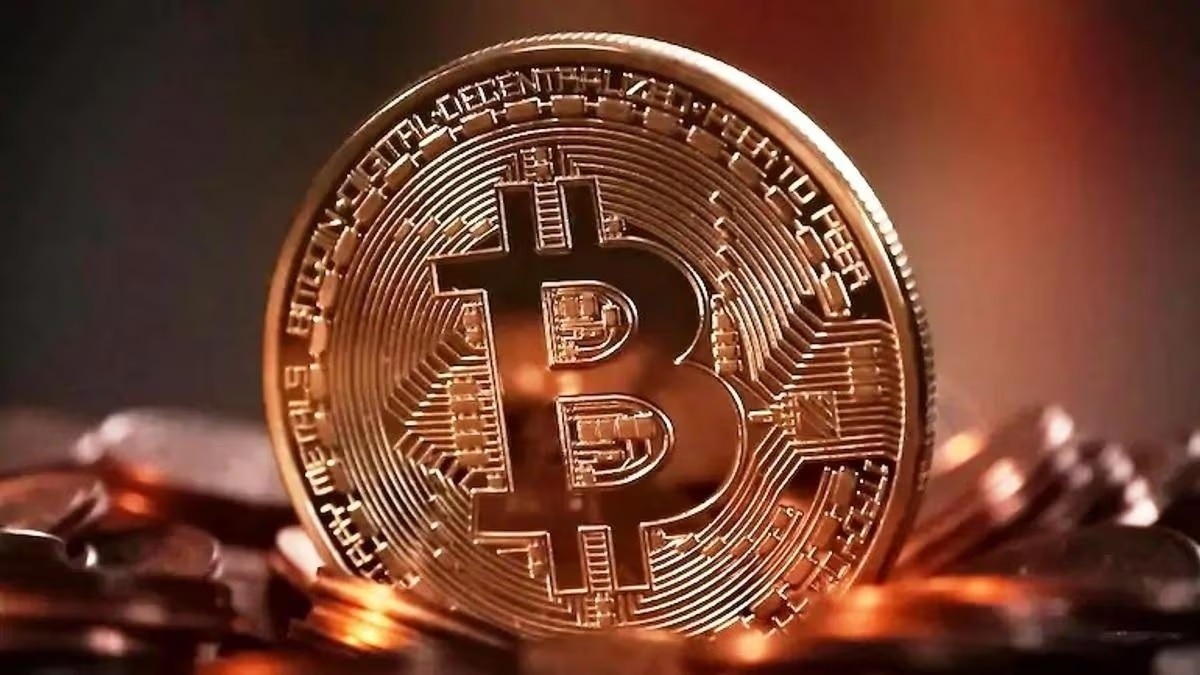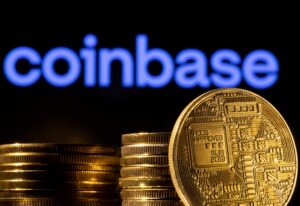US Bitcoin Reserve Shift: New Opportunities for India’s Crypto Market

The Rise of the US Strategic Bitcoin Reserve: Implications for India
Bitcoin’s Global Ascendancy
In January 2025, the United States initiated the Strategic Bitcoin Reserve under President Donald Trump, marking a significant milestone for digital currencies. By June 2025, this reserve had surpassed a valuation of $20 billion, highlighting Bitcoin’s growing status as a reliable store of value.
This development prompts India to consider: could the strategic integration of Bitcoin enhance our economic framework?
The US reserve currently utilizes 200,000 Bitcoins seized in various operations as a safeguard against inflation. This strategy was reinforced during last month’s White House Crypto Summit, where plans were laid out to acquire additional Bitcoin through budget-neutral methods.
This approach aims to expand Bitcoin holdings without imposing a financial burden on taxpayers. Furthermore, three states in the US have enacted laws allowing the use of public funds for Bitcoin purchases, with more states likely to follow suit.
These legislative actions reflect an increasing acknowledgment of Bitcoin’s potential to strengthen fiscal stability and act as a hedge in volatile economic climates. This transition is not impulsive; rather, it represents a calculated move toward recognizing the legitimacy of digital assets. For India, this situation offers an opportunity to evaluate whether Bitcoin could diversify our reserves, complementing traditional assets in a fluctuating global economy.
Bhutan’s Bitcoin Strategy: A Model for India
Bhutan serves as a noteworthy example in the region. Since 2021, the country has harnessed hydropower to mine Bitcoin, accumulating reserves exceeding $1 billion by May 2025. This initiative emerged as a response to a downturn in tourism and now plays a crucial role in funding public services and advancing sustainability objectives.
India possesses the renewable energy resources necessary to adopt a similar model, although challenges related to scale and regulation remain. Bhutan’s achievements indicate that digital assets can stabilize economies, a concept worth exploring for India.
Distinctive Features of Bitcoin
Bitcoin is unique as it operates without a central issuer, categorizing it as a commodity rather than a security, as recognized by the US SEC. Its decentralization is foundational, leading to three key characteristics: scarcity, liquidity, and transparency.
With a maximum supply capped at 21 million, Bitcoin stands in stark contrast to traditional currencies and other assets that can be subject to inflation due to oversupply. This limited availability mirrors gold’s finite nature but operates at the speed of digital transactions. Bitcoin is traded globally around the clock, providing liquidity that surpasses most decentralized assets; in comparison, gold remains static in vaults, less accessible for daily transactions.
Additionally, Bitcoin’s blockchain technology serves as a public, tamper-proof ledger, allowing for verifiable transactions and reducing the opacity often associated with traditional financial markets.
These attributes echo gold’s reputation as a trusted store of value, yet Bitcoin surpasses it by being both digital and dynamic, while gold is physical and inert. Currently valued at over $100,000, Bitcoin’s unique combination of scarcity and digital fluidity has led many, including the White House, to refer to it as “digital gold.”
Moreover, Bitcoin’s programmability and portability allow it to move swiftly across the internet, facilitating transactions without intermediaries and ensuring secure storage through advanced cryptographic methods. In an increasingly digital and decentralized landscape, Bitcoin aligns with the evolving perspectives of younger generations regarding money and value.
The Importance of Regulatory Frameworks
Regulation plays a crucial role in this evolving landscape. India’s current crypto policy, which imposes taxes but lacks comprehensive regulation, requires clarity to unlock its full potential. During its G20 presidency in 2023, India led the establishment of a crypto working group in collaboration with the IMF, aimed at developing global standards. While these recommendations will take time to materialize, other nations, including Russia, China, and Brazil, along with various G20 countries led by the US, are advancing rapidly without waiting for consensus.
The IMF’s recent classification of Bitcoin as a capital asset further emphasizes the need for clear regulatory guidelines. Establishing a transparent regulatory framework could provide the necessary oversight for this emerging asset class, fostering responsible innovation while safeguarding a growing base of investors.
This clarity is essential for building institutional confidence and creating an environment where Bitcoin can play a significant role in India’s macroeconomic strategy.
India stands at a critical crossroads. A well-considered Bitcoin strategy, potentially starting with a reserve pilot program, could enhance economic resilience and project a forward-thinking image. As the US forges ahead and countries like Bhutan adapt, India has a unique opportunity to take the lead in this transformative landscape.
Pradeep Bhandari is a national spokesperson for the Bharatiya Janata Party. The views expressed are personal.
Published By: Koustav Das
Published On: June 26, 2025







